|
Upcoming online workshop focussing on the ethics of working with gender diverse (gender non-conforming, transgender and non-binary) children and adolescents.
0 Comments
On Saturday 4 August, I will be a guest speaker at Talking MEN's panel discussion on Men and Mental Health. The Facebook event can be accessed here. After a number of years in the making the Psychological Society of South Africa (PsySSA) has released Practice Guidelines For Psychology Professionals Working With Sexually And Gender-Diverse People. These are the first of their kind in South Africa and hold the potential to make a massive difference to many people's lives.
It was an honour to be involved in the development of this important document as "subject specialist". The guidelines can be downloaded for free from the PsySSA Website. In relation to the recent media coverage of Caitlyn Jenner's transitioning Gender Dynamix and News24 has released a series of informative videos on transgender people and their experiences in South Africa. The videos can be seen below: Healthcare professions often play an integral part in a transgender person's transitioning. This may include aiding the individual in better understanding their gender identity, planning what a transition will mean for that individual, dealing with the adjustments that are inherent to a transition or providing medical care (such as hormones or surgery). Frequently, healthcare professionals also provide a supportive role, such as through check-ups or through counselling and psychotherapy.
In addition to the assistance provided by healthcare professionals the support and resources contributed by other trans people is becoming more and more evident in transitionings. The explosion of the internet and access to the internet has enabled previously isolated individuals to connect with one another. Websites, blogs, online forums, instant messaging and other online platforms allow for rapid sharing of information and support (obviously with caution being necessary with regards to the reliability of information and the nature of privacy. There are certain things for which the opinion and guidance of the healthcare professional cannot be substituted). However, despite the empowering boom in trans resources by trans persons many trans people still find it hard to find and meet with other trans people in safe spaces. A much-needed support group for trans people by trans people, CtrlAltGender, has recently been started at Wits University in Johannesburg: "He? She? For some of us, gender is not so simple. For Trans* People by Trans* People. CtrlAltGender is a trans* advocacy, activism and support group. It is based at the University of the Witwatersrand (WITS) in Johannesburg but is by no means limited to Wits students/staff. Its main role is to provide a safe and secure trans* space to provide support and guidance to the trans* community within the local Joburg area. Beyond that the group functions to challenge cissexism within the university and the community at large. Trans* is an umbrella term that refers to all of the identities within the gender identity spectrum. There’s a ton of diversity there, but we often group them all together (e.g., when we say “trans* issues). Trans (without the asterisk) is best applied to trans men and trans women, while the asterisk makes special note in an effort to include all non-cisgender gender identities, including transgender, transsexual, transvestite, genderqueer, genderfluid, non-binary, genderfuck, genderless, agender, non-gendered, third gender, two-spirit, bigender, and trans man and trans woman." Any queries about the group can be directed to Jocelyn ([email protected]). The group also has a Facebook page and a Twitter account. We have identified a need for more collaboration and support for mental healthcare professionals working with transgender, intersex and gender-variant individuals. We would like to invite interested parties to our upcoming meeting to:
DATE: Wednesday 19 February 2014 VENUE : The Family and Child Therapy Centre, 22 First Avenue, Melville (next door to the Melville Animal Clinic) TIME: 19h15 for 19h30 RSVP TO: Jonathan Bosworth on [email protected] or 083 703 5121 by Wednesday 12 February Kind Regards Jonathan Bosworth (Counselling Psychologist), Claire Jaynes (Counselling Psychologist), and Fred Walter (Clinical Psychologist) Trans Student Equality Resources (TSER) have released an important series of infographics on transgender-related topics. Trans persons and significant others, family, friends and allies (SOFFAs) of trans persons may find these particularly helpful in educating themselves and those around them.
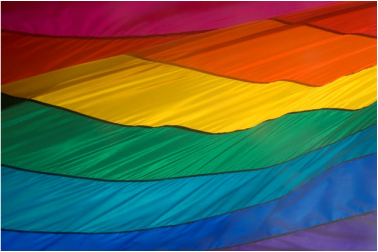 Friday 17 May is International Day Against Homophobia and Transphobia (IDAHO). The following video from the United Nations (UN) Human Rights Office outlines some of the difficulties that lesbian, gay, bisexual and transgender (LGBT) persons across the globe face on a daily basis: A clear message from the above video is that LGBT rights are human rights. In South Africa we have a progressive constitution in which LGBT rights are protected by law. The following table (courtesy of Wikipedia) outlines lesbian, gay and bisexual rights in South Africa: The following pamphlet (courtesy of Gender DynamiX) discusses the South African legistlation that allows transgender and gender non-conforming people in South Africa to change their gender and name on their ID documents without undergoing sexual re-assignment surgery: However, despite this progressive legislation many LGBTI persons in South Africa still face discrimination, hate speech and hate crimes. In other words many LGBTI people are still not free or equal. The 17th of May is a day to sit with what this means and to take action. On Friday, various South African NGOs will be uniting to fight homophobia and transphobia - click here for their press release and programme.
The Standards of Care for the Health of Transsexual, Transgender, and Gender Nonconforming People9/5/2013 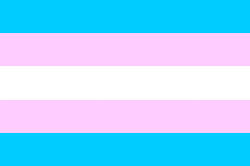 The World Professional Association for Transgender Health (formerly the Harry Benjamin International Gender Dysphoria Association) produces the Standards of Care for the Health of Transsexual, Transgender, and Gender Nonconforming People (SOC). The goal of the SOC is to: "provide clinical guidance for health professionals to assist transsexual, transgender, and gender nonconforming people with safe and effective pathways to achieving lasting personal comfort with their gendered selves, in order to maximize their overall health, psychological well-being, and self-fulfillment. This assistance may include primary care, gynecologic and urologic care, reproductive options, voice and communication therapy, mental health services (e.g., assessment, counseling, psychotherapy), and hormonal and surgical treatments." The Standards of Care are not only an important document for health professionals but also for trans people and their significant others, friends, families and allies (SOFFAs). The SOC can be used by trans and gender nonconforming people as a guide for their transitioning and by SOFFAs to understand the transitioning process and how they may aid in maximising the health and well-being of trans and gender nonconforming people. The Standards of Care were originally drafted in 1979 but have been revised and reworked numerous times. The latest SOC is in its 7th version and were released in 2011. The SOC can be downloaded from the following link: http://www.wpath.org/documents/Standards%20of%20Care%20V7%20-%202011%20WPATH.pdf |
Jonathan's BlogI use this blog to post links to articles and videos that may relate to some of my services or interests. This content may also be useful for potential clients as well as other people interested in psychology and self development. Archives
July 2021
Categories
All
|
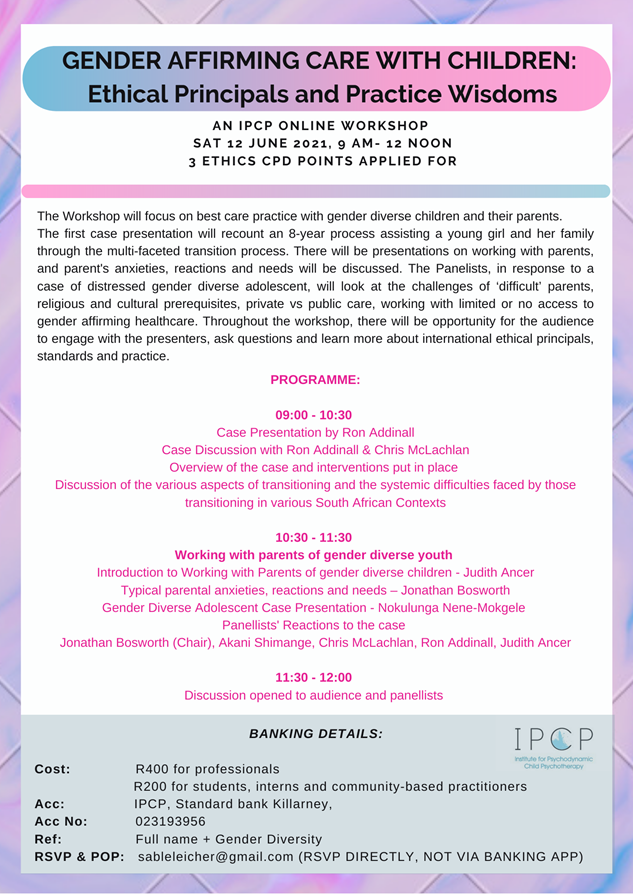
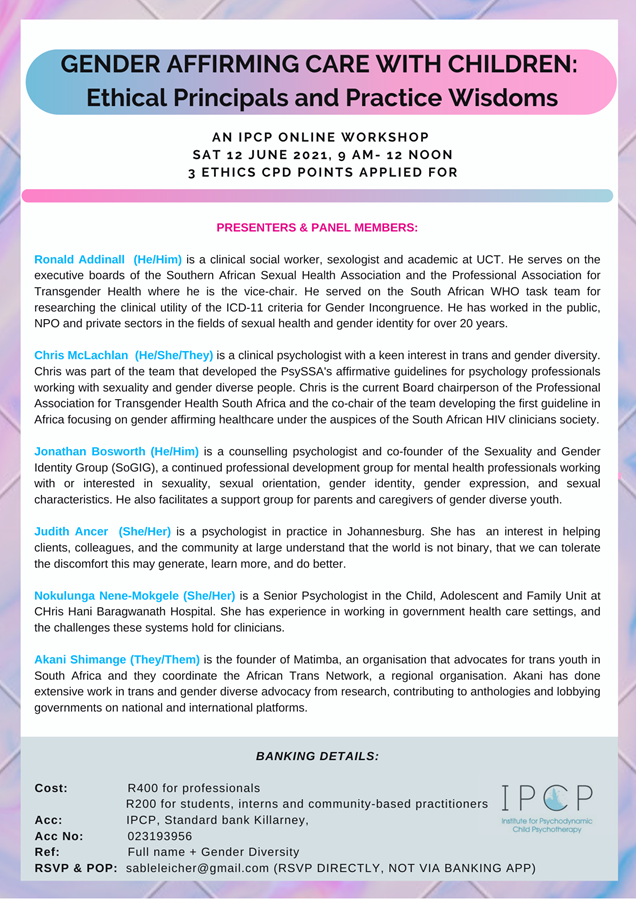
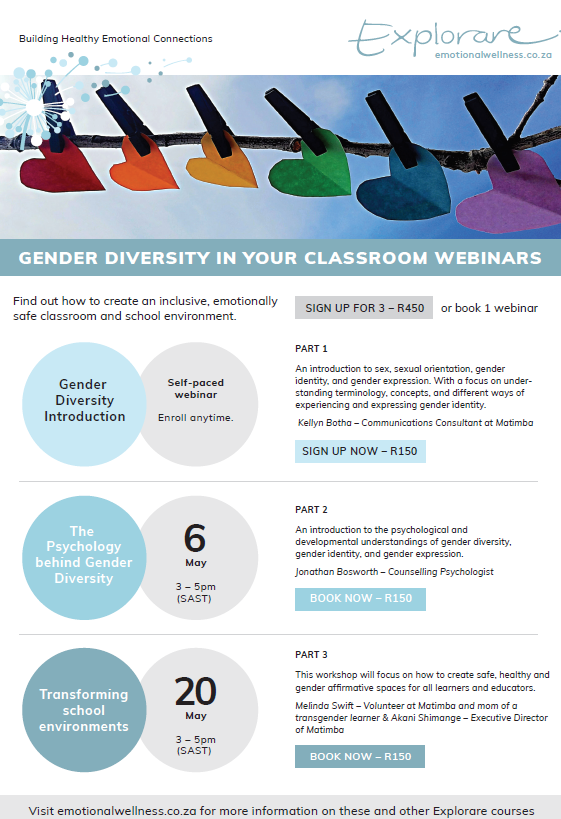
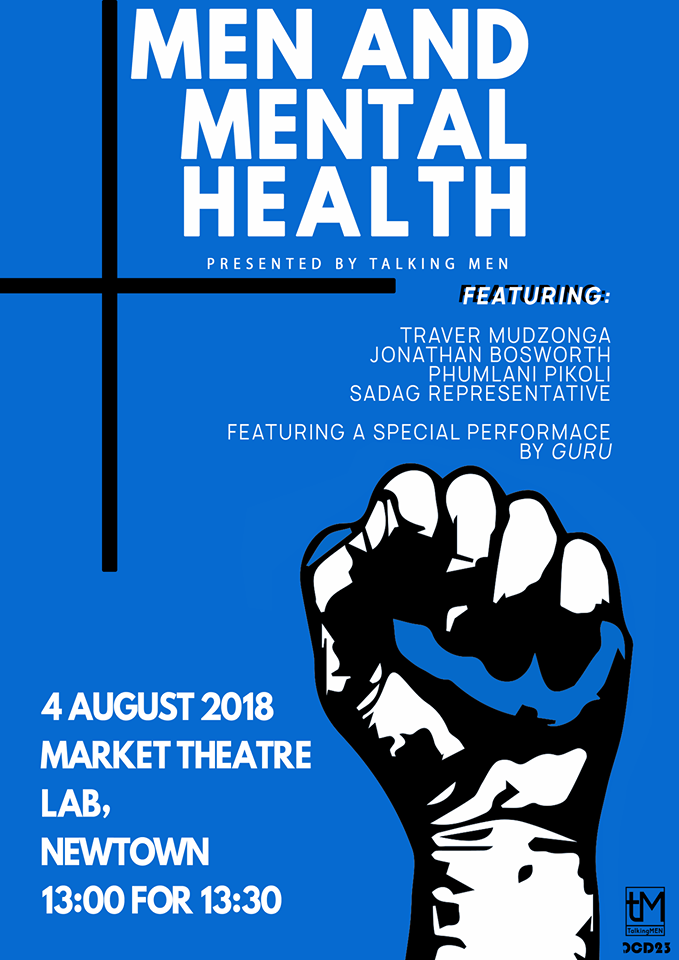

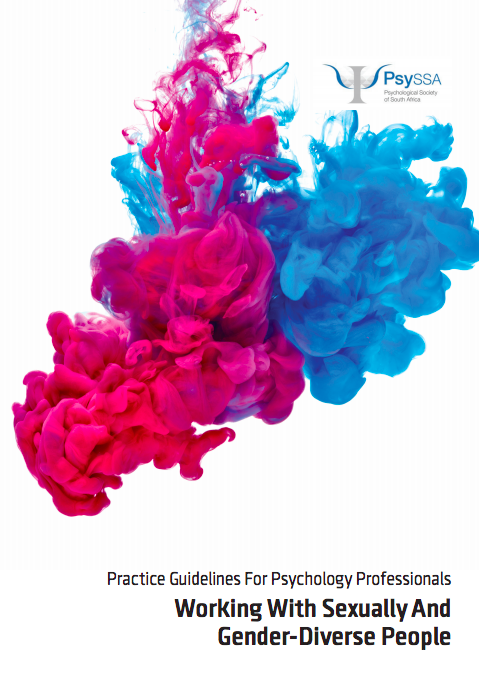
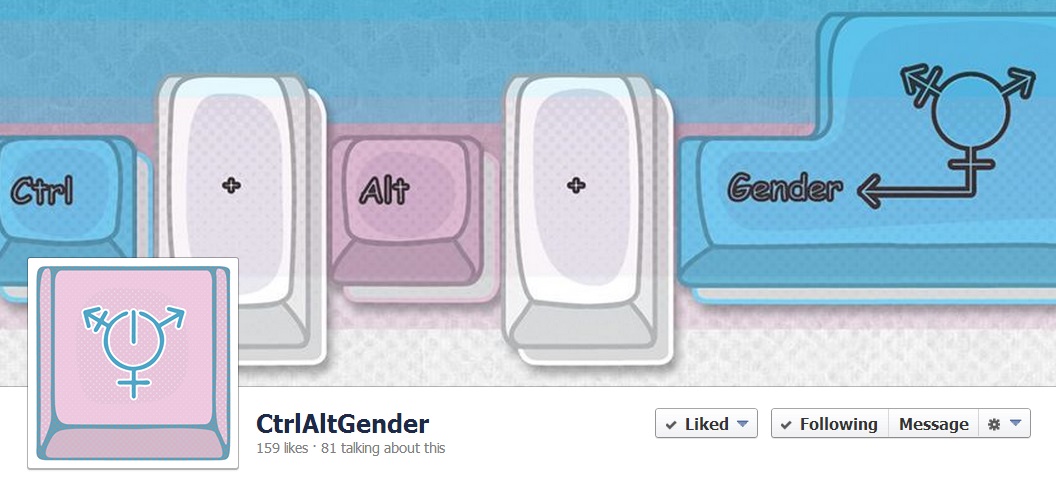
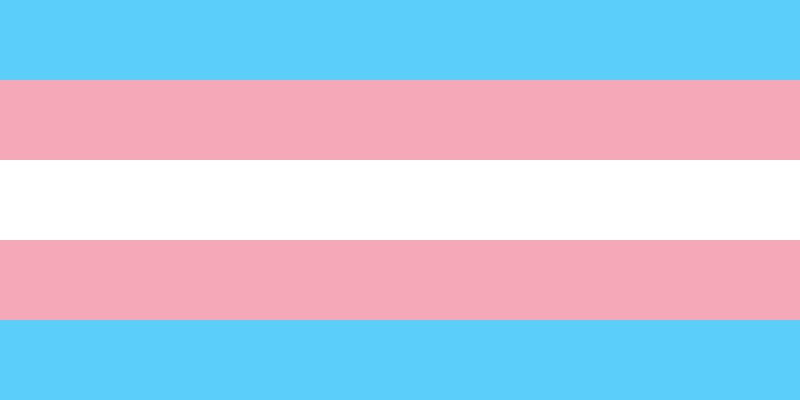
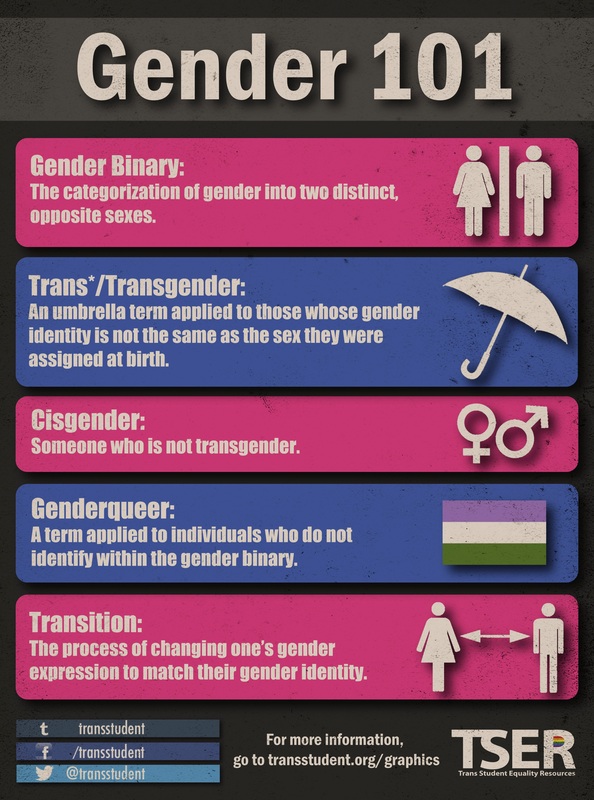
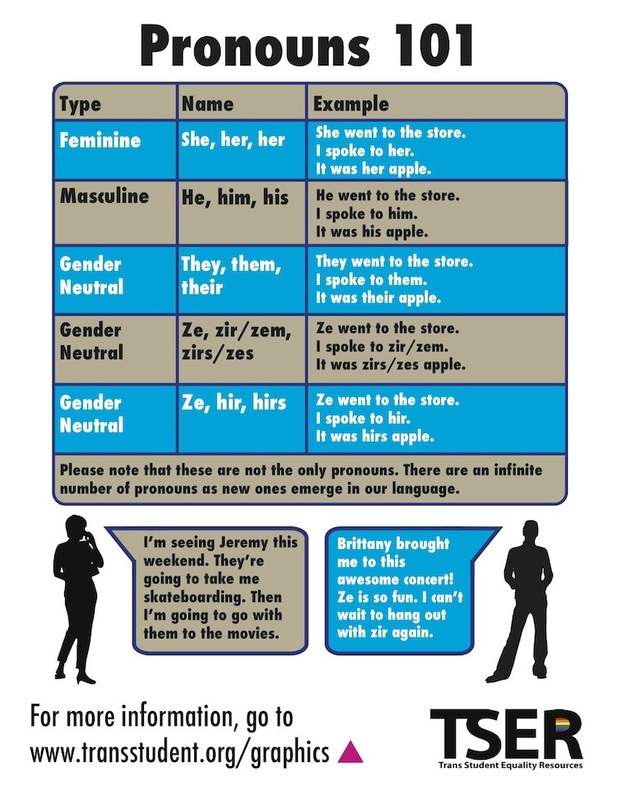
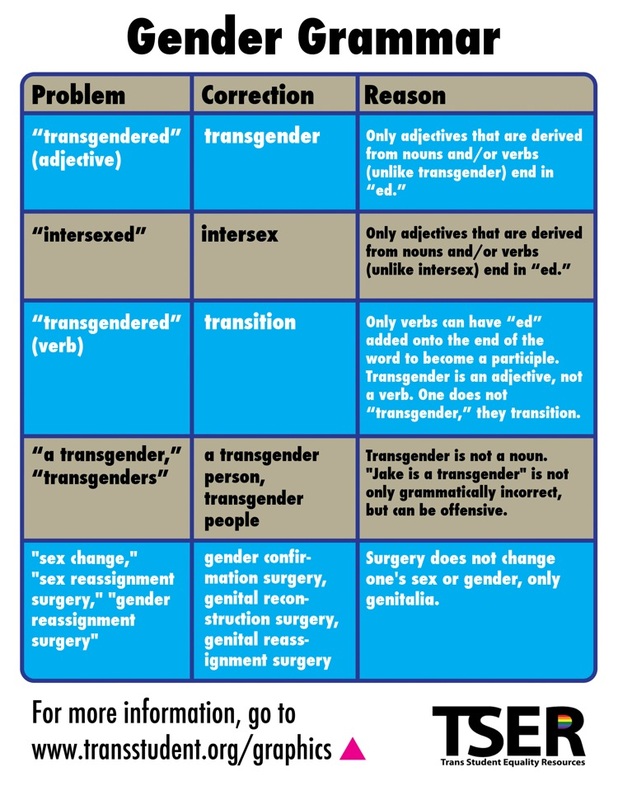
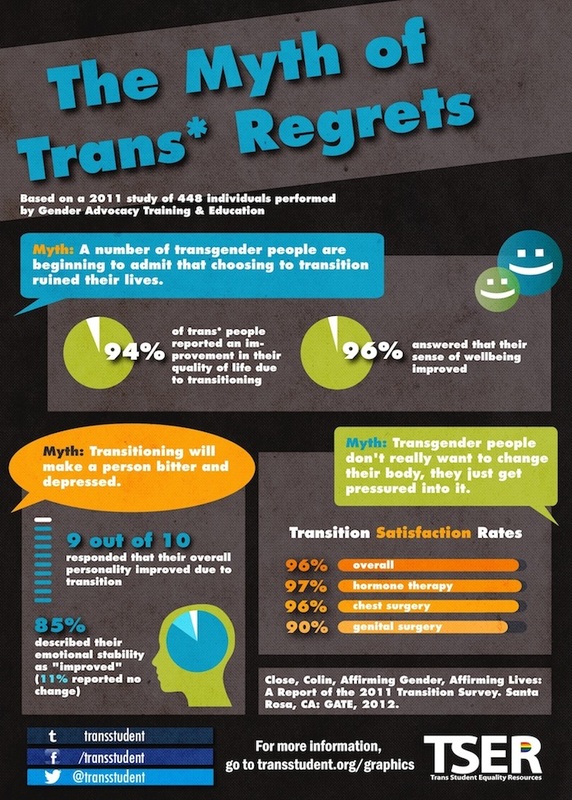
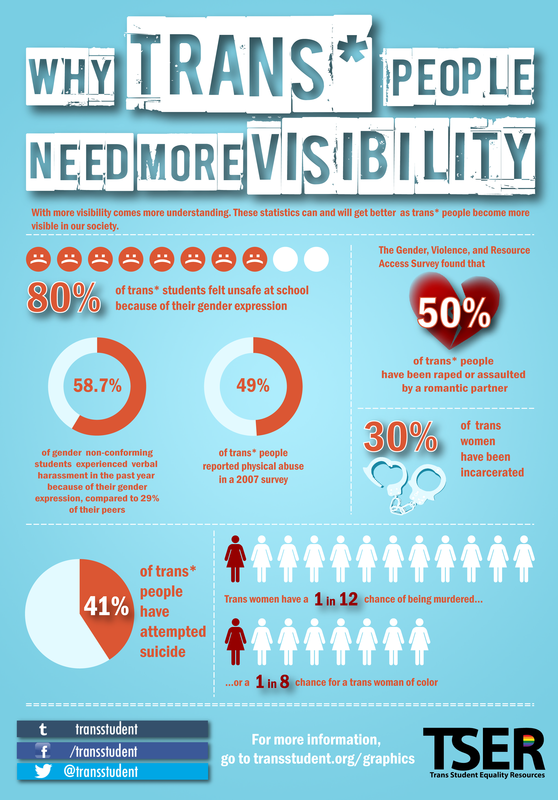
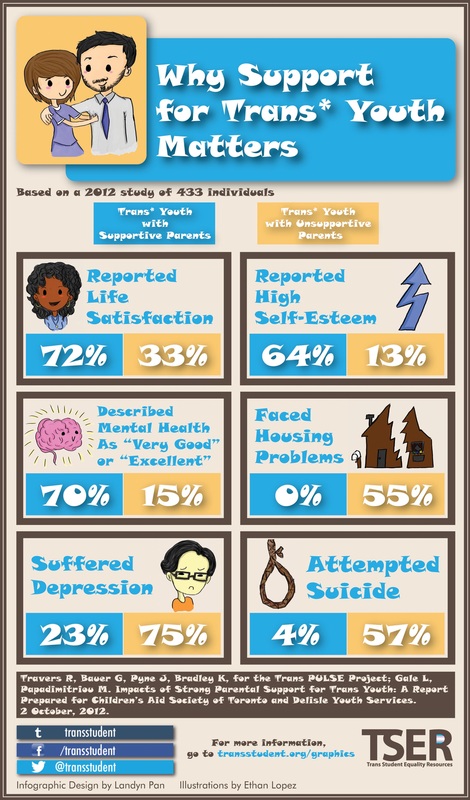
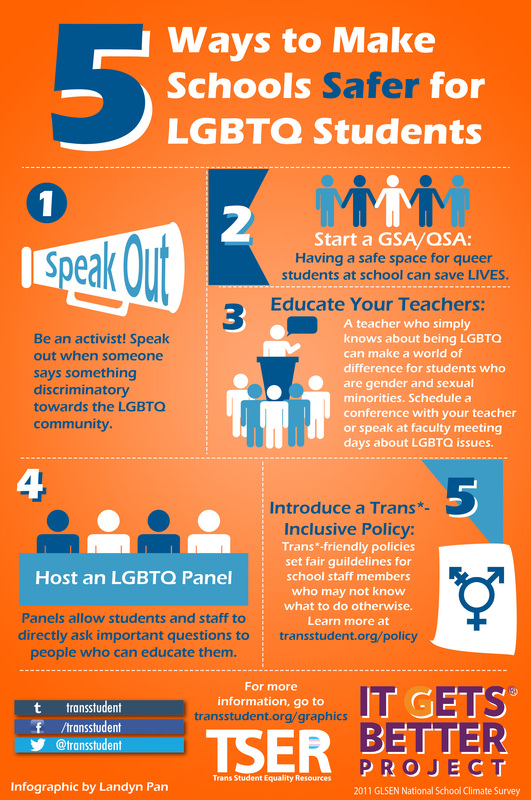



 RSS Feed
RSS Feed